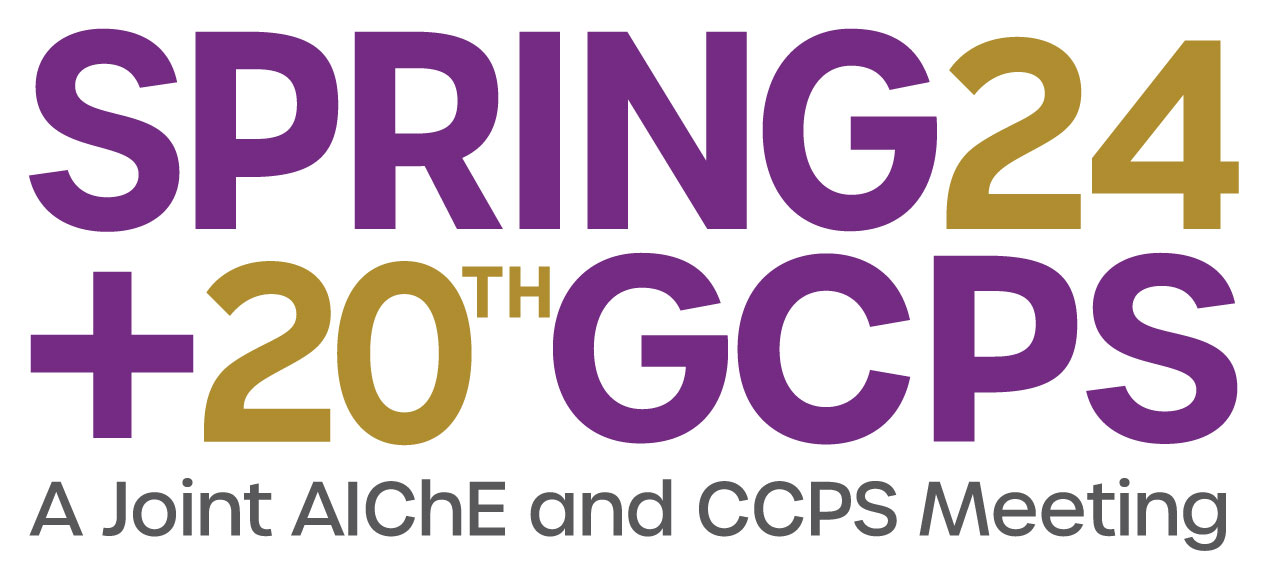

In the United States, less than 9% of post-use plastic (PUP) is recycled which causes the loss of a valuable resource with high energy and carbon content. Recycling technologies, such as mechanical, pyrolysis, gasification, and enzymatic hydrolysis, enable the conversion of PUP to valuable intermediate chemicals and develop markets for recycled feedstocks, promote a circular economy for plastics, and reduce the dependence on fossil resources. Life-cycle analysis (LCA) measures the environmental benefits of these recycling technologies. In this presentation we showcase different LCAs of PUP developed in the Greenhouse gases, Regulated Emissions, and Energy use in Technologies (GREET) model that evaluates the greenhouse gas (GHG) emissions, fossil energy, water consumption, and solid waste impacts of converting PUP into new high-density and low-density polyethylene (HDPE, and LDPE, respectively) and polyethylene terephthalate (PET) plastics or valuable products such as lubricants. Topics such as the mass balance approach, co-feeding of recycled and conventional feedstocks, material flow analysis will be included in the presentation. The methodologies and approaches discussed in this presentation could be expanded to other products and technologies.
Presenter(s)
Language
Pricing
Individuals
| AIChE Member Credits | 0.5 |
| AIChE Pro Members | $19.00 |
| Fuels and Petrochemicals Division Members | Free |
| AIChE Graduate Student Members | Free |
| AIChE Undergraduate Student Members | Free |
| AIChE Explorer Members | $29.00 |
| Non-Members | $29.00 |
